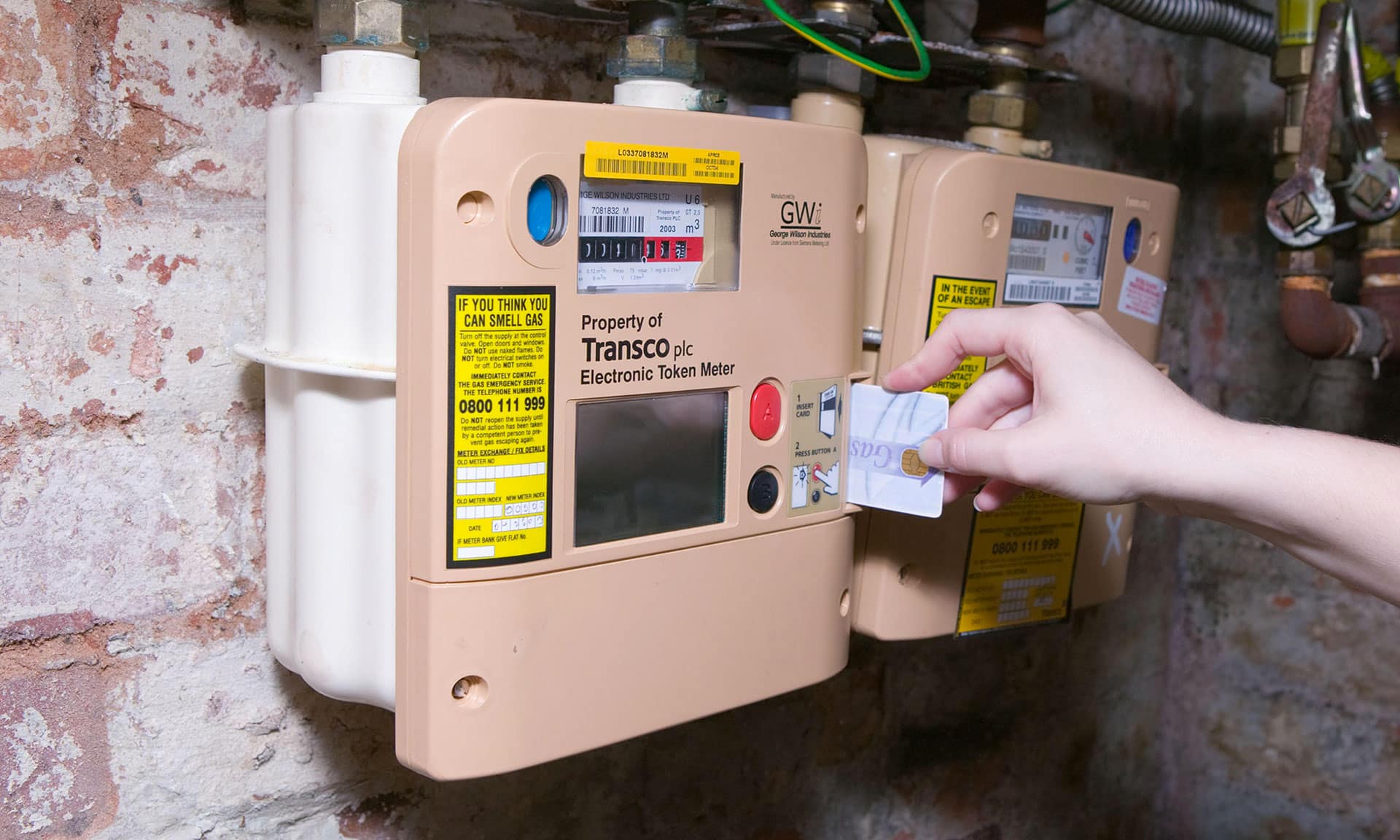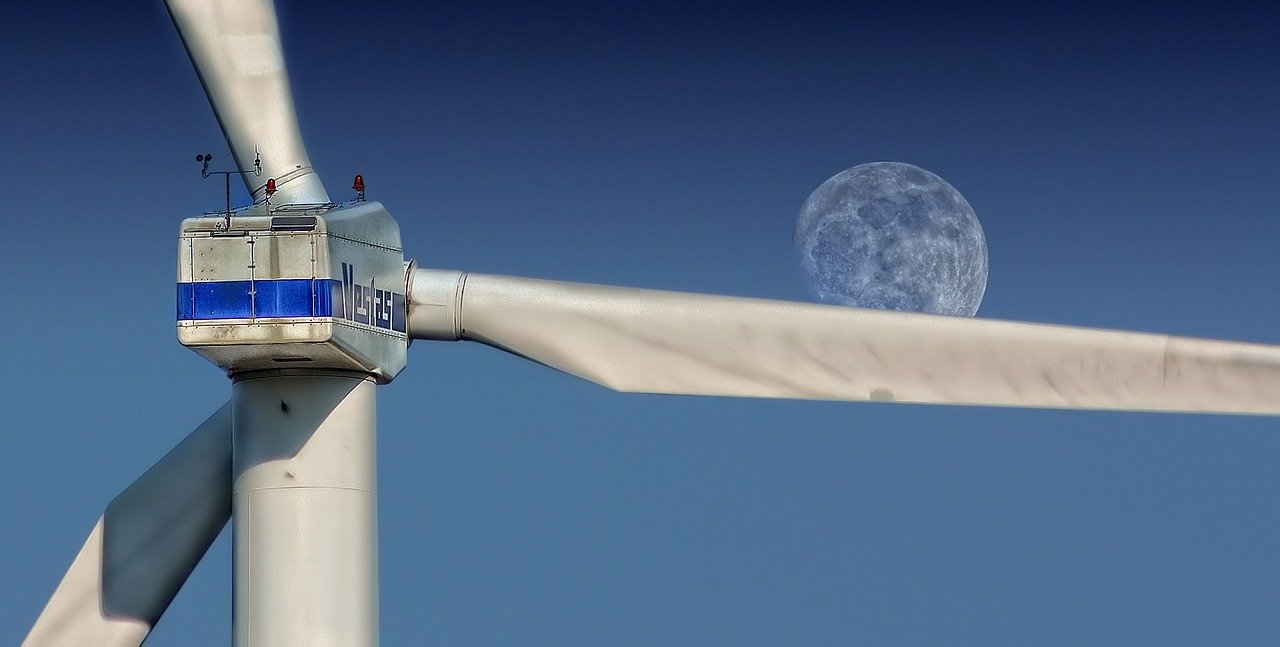Energy providers across the UK have been given the green light to resume collection of unpaid energy bills once again. However, an aggressive approach should not be used when pursuing customers.
Ofgem, the industry regulator has notified suppliers that it isn’t in the interest of consumers and providers alike for a delay in the collection process.
Millions of UK households are already benefiting from payment holidays due to the unprecedented coronavirus situation that has put parts of the economy into a standstill for months.
Bailiffs will not be allowed to knock on the doors of those in debt for at least another two months. Enforcement agents typically recover debt for unpaid council tax and parking fines. These restrictions on civil enforcement will continue until 24th August, according to the government.
Customers who have faced financial difficulties during the coronavirus pandemic have been able to get additional help for their monthly bills, such as credit card repayments, mortgages and energy bills. In addition to this, many energy firms put the brakes on pursuing unpaid gas and electricity bills. Ofgem has stated this could start again on the assumption that collection by companies or their agents is “fair”.
Jonathan Brearley, Ofgem chief executive, said in a letter to suppliers: “We recognise that suppliers cannot extend unlimited credit to customers – nor is this in customers’ interests overall – and we anticipate suppliers will begin to restart debt management activities that may have been paused during the immediate crisis.”
All suppliers must factor in a customer’s ability to pay before taking action. Brearley adds: “We will not tolerate sharp practice or aggressive debt collection and suppliers could face enforcement action where this is the case.”
Debt collection in the consumer space currently faces a number of restrictions, this is primarily in regards to what action bailiffs can take.
Some councils did suspend parking enforcement action during the lockdown; however, these restrictions have now been lifted across most of the UK. Traffic wardens in Northern Ireland will be back on the roads to issue fines from 29th June. In other news, a large percentage of people making payments for unpaid taxes have continued to do so, even during lockdown.
Bailiffs, who have the power to clamp vehicles and seize a person’s property to recover unpaid debt for local councils won’t be in action for another two months, as home visits are still restricted. They have faced significant criticism for using underhand tactics in the past.
The Civil Enforcement Association, which represents bailiffs, has stated that it would ensure public health was not put at risk, by complying with government guidelines. A code of conduct for agents had been drawn up in the expectation of an earlier return to work. This will require updates on the areas of social distancing. Many have questioned if enforcement action is the right approach at this moment in time as millions face financial uncertainty.





